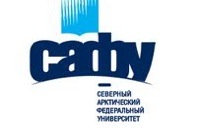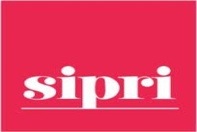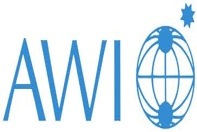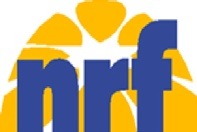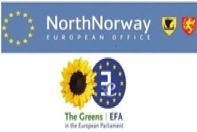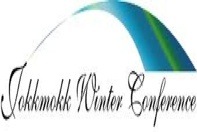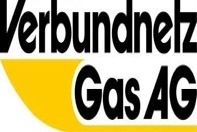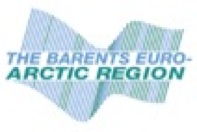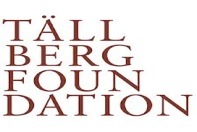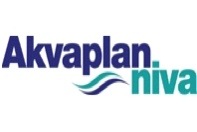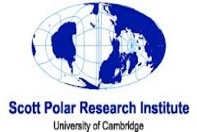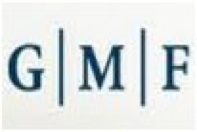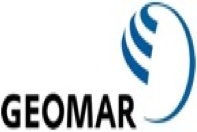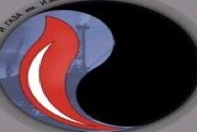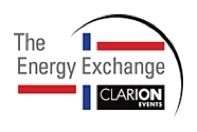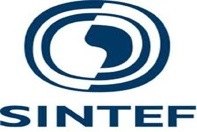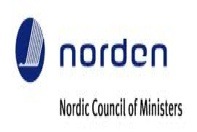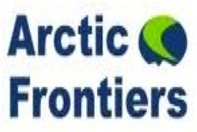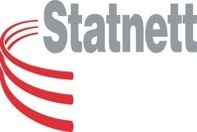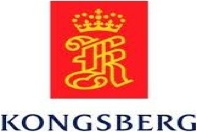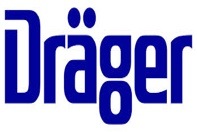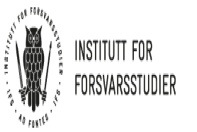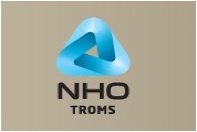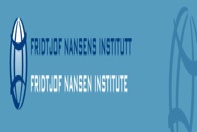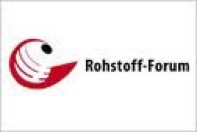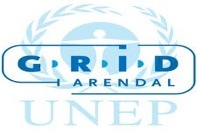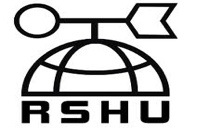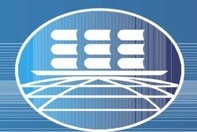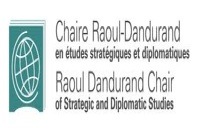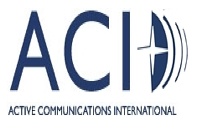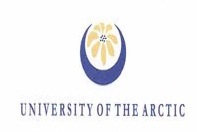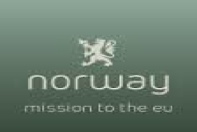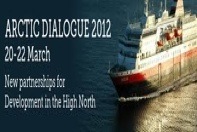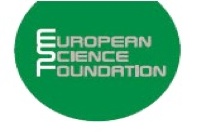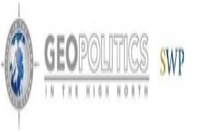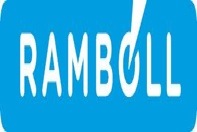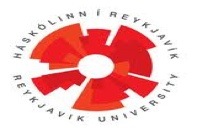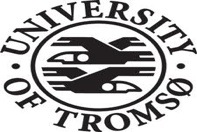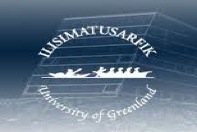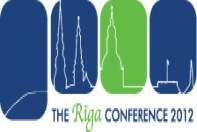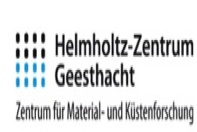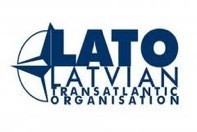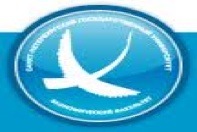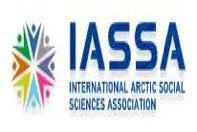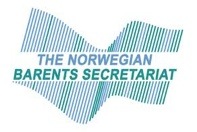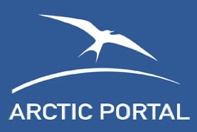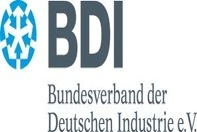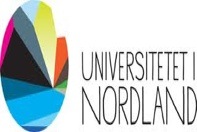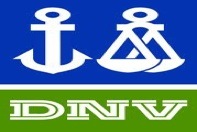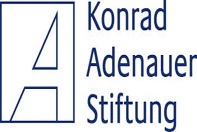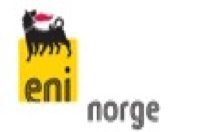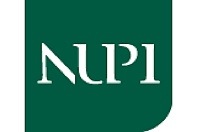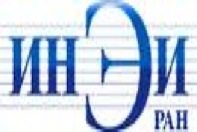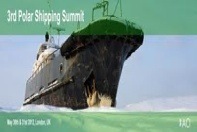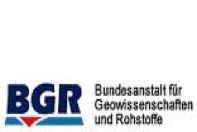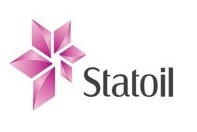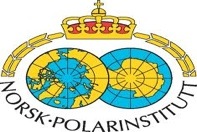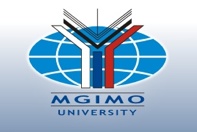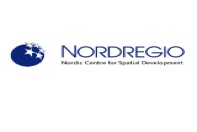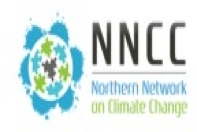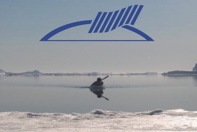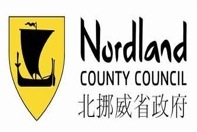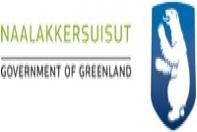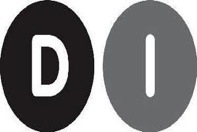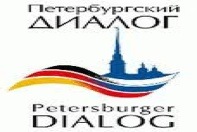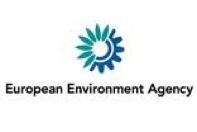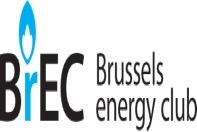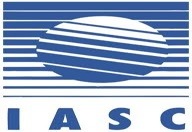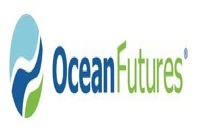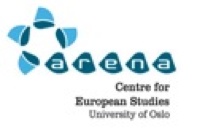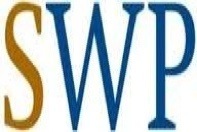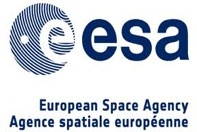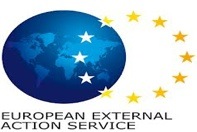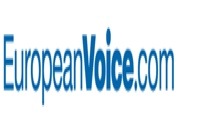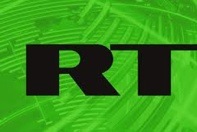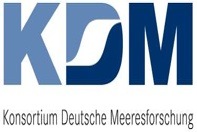“Greenland – EU” Lunch briefing in the European Parliament, June 15, 2011, Brussels
Raw materials, future partnership agreements, and the role of the Danish presidency in 2012 were among the topics of the “Greenland – EU” lunch briefing in the European Parliament on June 15. The event was organized by former Danish Minister of Trade and Industry Bendt Bendtsen MEP in cooperation with Greenland Representation in Brussels. The EU ARCTIC Forum took a note of the event and was pleased to listen to the Greenland Premier Kuupik Kleist, who delivered a presentation about the development of Greenland’s economy with a special focus on EU-Greenland relations. He noted that as a country with the lowest population density in the world, Greenland is almost a half of the EU’s territory and has a huge potential in terms of natural resources. Premier explained that Greenlanders are in an urgent need to diversify its economy and, paradoxically, global warming offers several opportunities with this respect.
Mr Kleist argued that exploitation of Greenland’s massive mineral resources is a right way to generate growth in the country resulting in a truly self-sustaining economy. Certainly, any mineral and hydrocarbon extraction must be conducted in a strict accordance with environmental standards. Greenland has one of the highest standards of assessing environmental risks, reassured Mr Kleist.
More than that, he assessed Greenland – EU relations as satisfactory and expressed a commitment to develop the partnership further. Greenland and the EU are in the process of negotiating new Partnership and Fisheries Agreement, which are due to be signed in 2013-2014.
Speaking about extracting industries in Greenland, Mr Kleist underlined that at the moment there are more than 100 active licenses for minerals exploration and exploitation, most of them in possession of Canadian, Australian and other non-European companies. “Other parts of the world seem to have more interest in Greenland’s raw materials,” summarized Premier.
Abraao Carvalho from the DG Enterprise and Industry of the European Commission agreed that Europe must act proactively on the global raw materials market. He reminded that ensuring a better access to raw materials and rare earth elements is the main priority of the Commission’s 2008 integrated strategy for raw materials.
Lanthanum, tantalum, zirconium, scandium and other REEs are crucial for European economy, such as nuclear and aerospace industry, electronics and medicine. China has an absolute monopoly of these elements, producing more than 90% of REEs and using frequently divergent export bans and export quotas. Greenland with its vast mineral resources may alter the situation on the global market of REEs. It is believed that deposits at the Ilimaussaq complex on the south-western coast of Greenland may supply 25% of global demand in a medium-term. It is crucial thus for the EU and for its companies to secure an access to and to ensure a flow of these materials to the European market.
